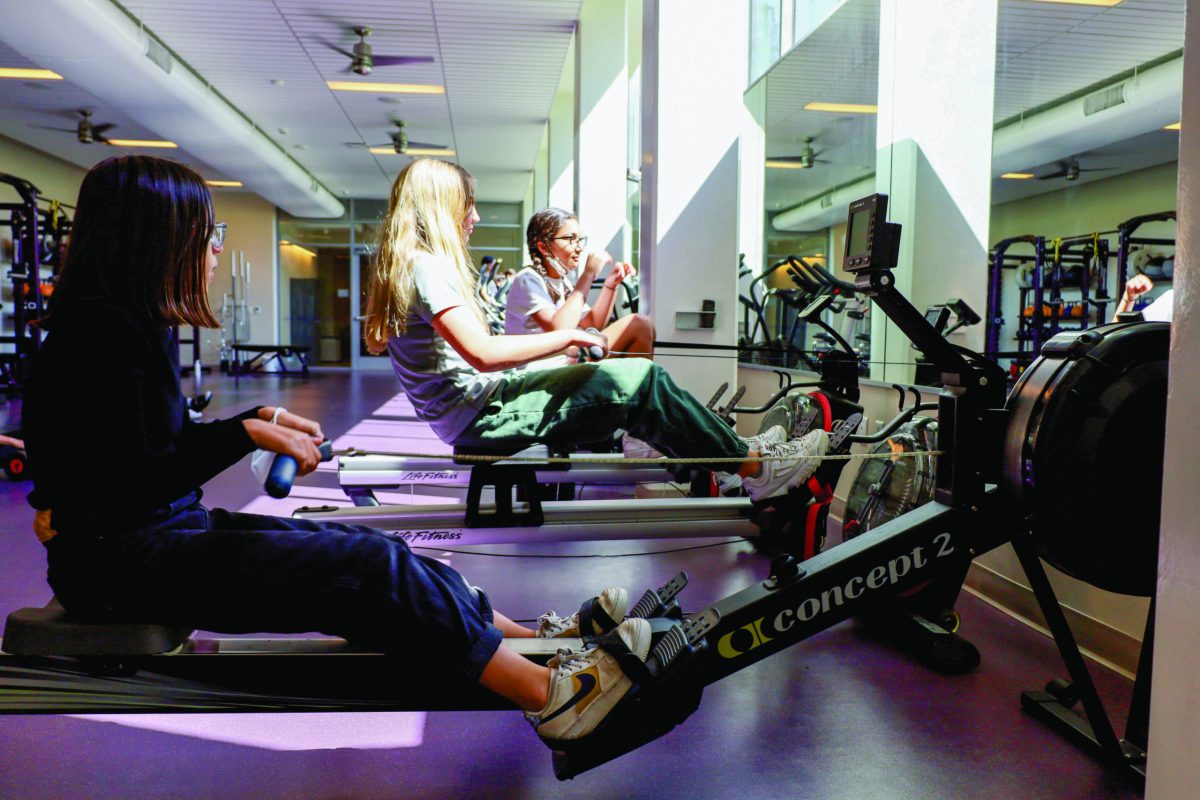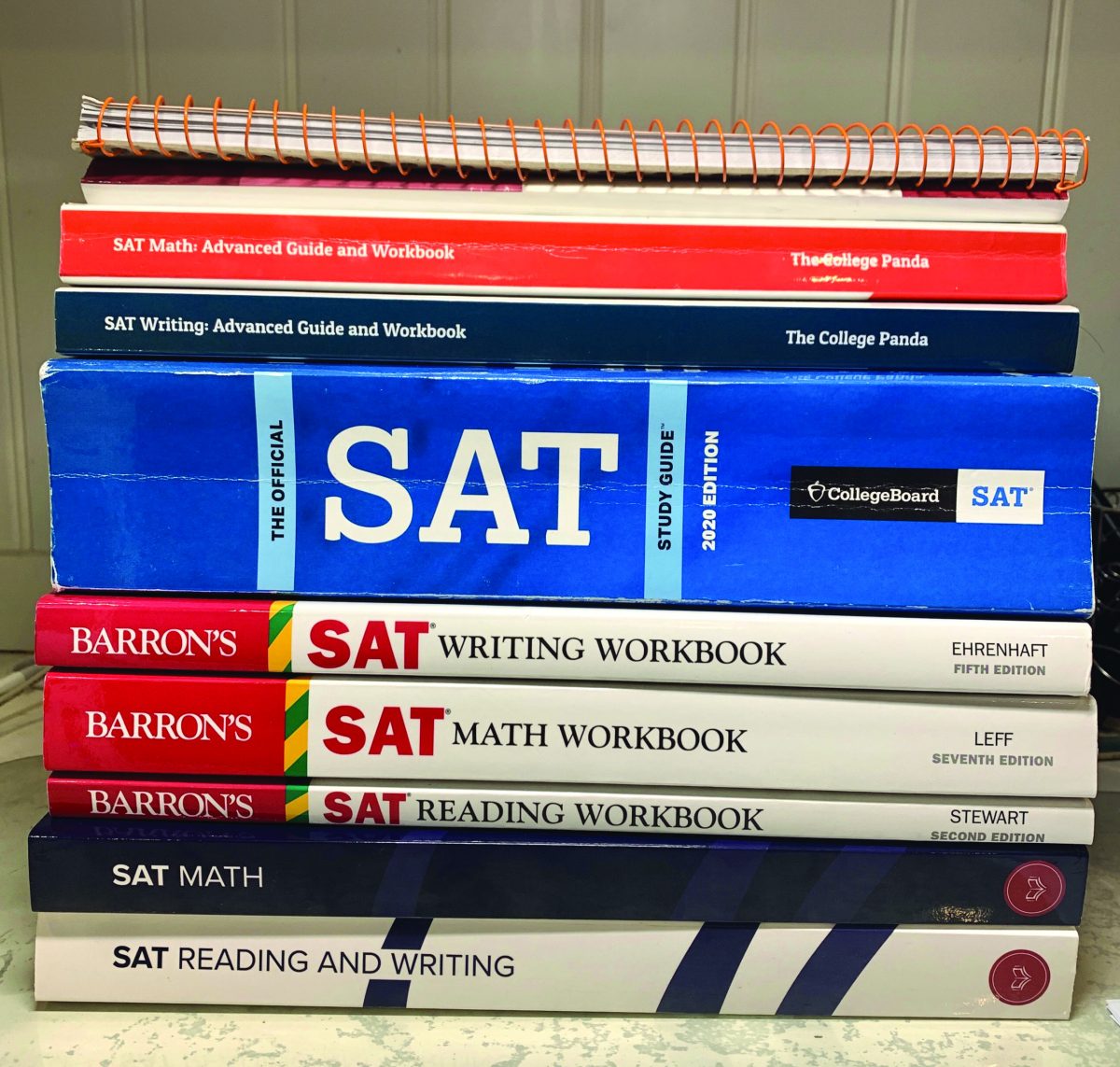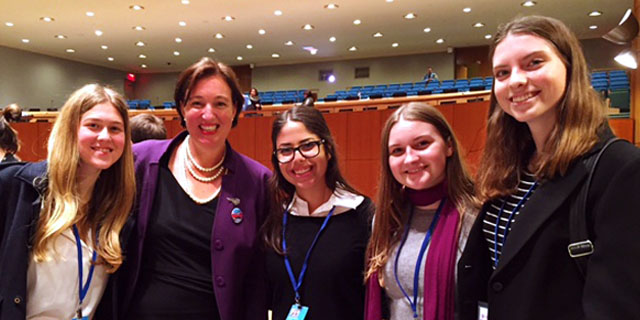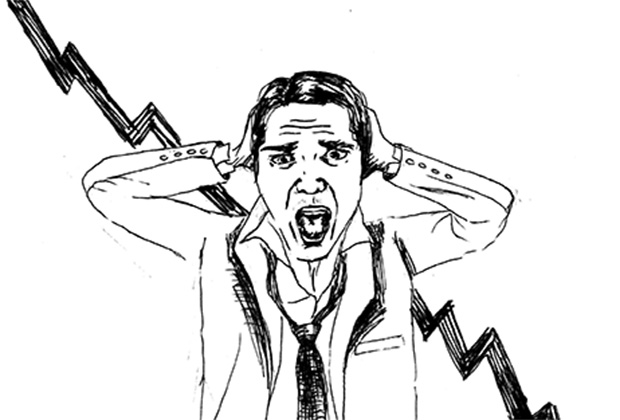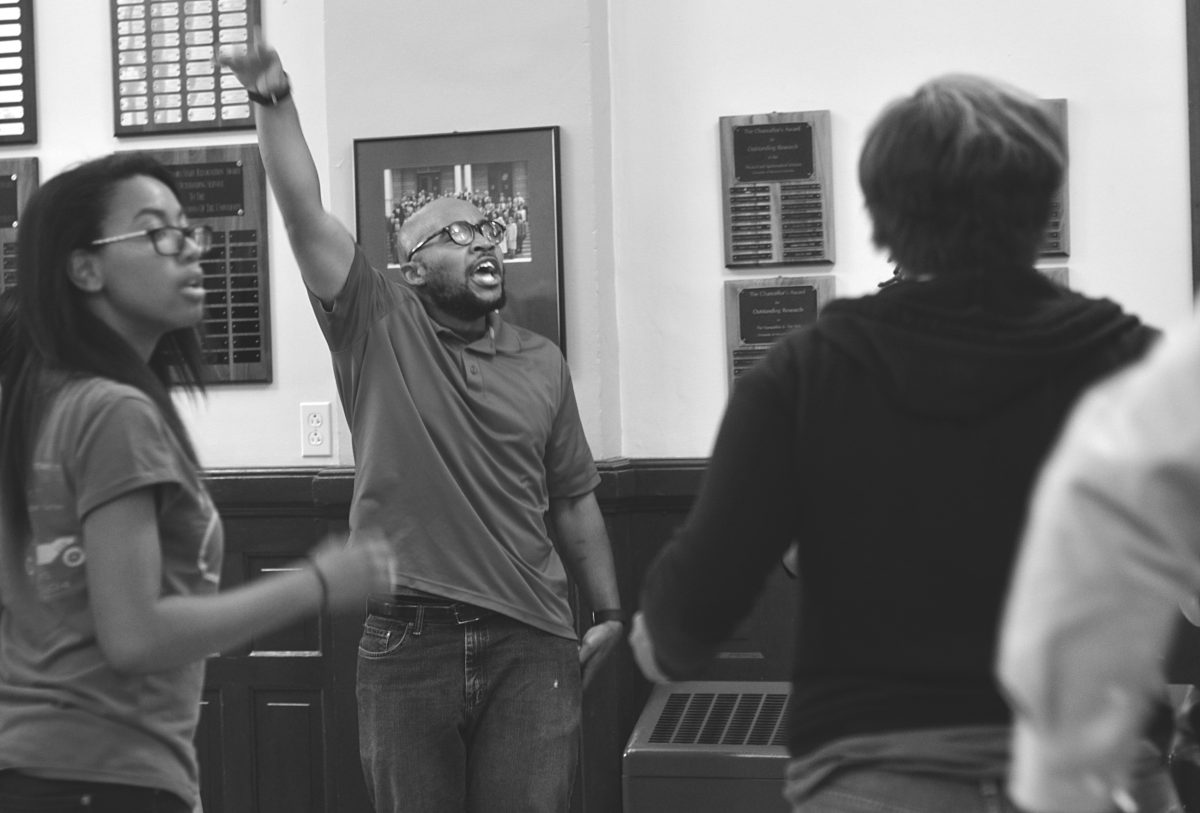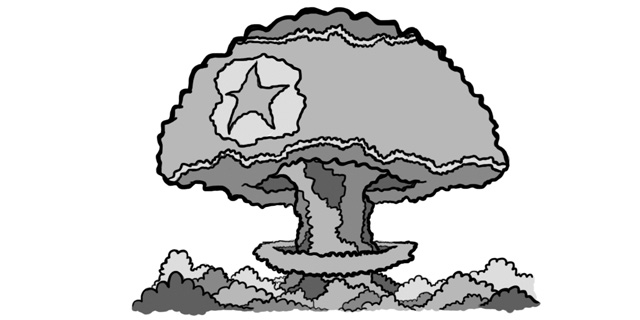
If you really want to know what Occupy Wall Street has been protesting, it’s the following statistic: the richest 10% of Americans own ⅔ of America’s net worth. That would be like ten girls in your grade controlling 66 chocolate chip cookies from Café M, leaving the other 90 of you to split 33 cookies (assuming there were only 100 cookies available). That means the 10 “richest” would get about 6.5 cookies each, while the rest would each be able to have about ⅓ of a cookie.
The American dream represents the notion that anyone can make it in America if she works hard enough. Americans thus tolerate a huge gap between rich and poor in the hopes that one day they’ll make it to the 1%. It could be our shameless optimism that blinds us from seeing the reality in front of us: income inequality in America is staggering, and it’s getting worse.
This is the America we live in today, a society of the haves and the have-nots. The enormous disparity between the richest rich and the poorest poor has steadily been growing since 1970, with most people who used to be in the middle class, now falling into the “poor” category. It seems as though these days, the rich are all private plane, caviar and quick-jaunts-to-Europe rich, while the poor are mostly in dire poverty. This is unhealthy. This is the kind of wealth distribution that spurred the Great Depression 80 years ago.
In order to keep the poor from living under grisly conditions we have developed what is often referred to as a “social safety net,” which encompasses social welfare programs like Social Security and food stamps (EBT). The thing is, in order to pay for those programs, the government needs money. The government gets its money from taxes. But taxes are a tricky issue when you have most rich people already paying a larger percentage of their income than the poor do for services that arguably benefit the latter more.
So how do the rich avoid paying taxes for services they don’t need? With politicians becoming increasingly dependent upon huge monetary donations to get elected, it is really the rich who end up bankrolling their favorite candidates straight to Washington, DC. And if the super-rich are financing the campaigns of politicians, you better believe that they’re supporting congressmen who aren’t going to raise their tax rates. Oftentimes, the congressmen are pretty rich, too, and have a vested interest in keeping their own tax rates low.
Because anyone with money, power or both is working only in his or her own best interest instead of thinking of the greater good, we’ve ended up with a near-permanent class of impoverished citizens, reduced social mobility and a government that’s unwilling or unsure of how to fix it.

